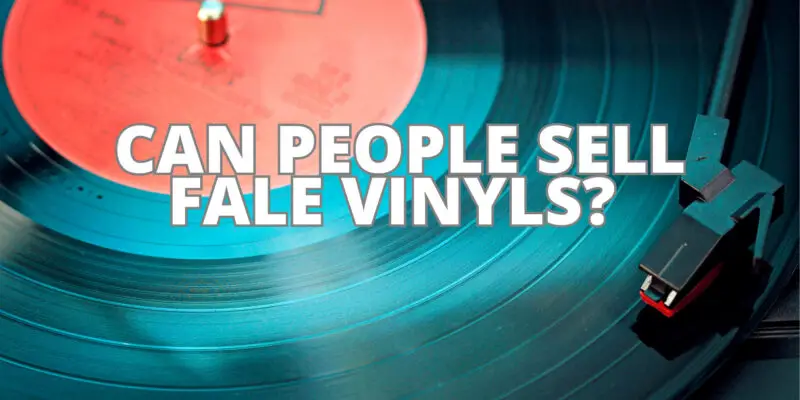Vinyl records, with their unique analog sound and collectible appeal, have seen a resurgence in popularity in recent years. However, this resurgence has brought about concerns regarding counterfeit vinyl records in the market. In this article, we’ll delve into the issue of counterfeit vinyl records, explore how they can be produced, and discuss how to identify and avoid them.
Can Vinyl Records Be Counterfeited?
Yes, vinyl records can be counterfeited, just like any other valuable or collectible item. Counterfeiters seek to profit from the demand for vinyl records by producing unauthorized copies of popular or rare albums. While the production of counterfeit vinyl records is challenging and costly, it is not impossible, and some individuals or groups have attempted to do so.
How Are Counterfeit Vinyl Records Produced?
Producing counterfeit vinyl records requires a combination of technical expertise, access to specialized equipment, and the ability to mimic the appearance and packaging of legitimate records. Here are some common methods employed by counterfeiters:
- Repressing Old Stampers: Some counterfeiters obtain old stampers (the metal plates used in vinyl production) from legitimate pressings and use them to create unauthorized copies.
- Replicating Labels and Sleeves: Counterfeiters often replicate labels and album covers to closely mimic the original. This includes matching artwork, logos, and even the quality of paper used for sleeves.
- Bootlegging Live Recordings: Unauthorized live recordings or “bootlegs” are common in the counterfeit market. These may include performances never officially released by artists.
- Low-Quality Pressing: In some cases, counterfeit vinyl records are produced with lower-quality materials and pressing techniques, resulting in poor sound quality and durability.
How to Identify and Avoid Counterfeit Vinyl Records
Identifying and avoiding counterfeit vinyl records can be challenging, but there are several strategies to help you make informed purchases:
- Buy from Reputable Sources: Purchase vinyl records from reputable record stores, online retailers, or official record labels. Established sellers are more likely to offer genuine products.
- Examine the Packaging: Inspect the album cover, labels, and overall packaging for discrepancies or signs of poor quality. Legitimate vinyl records typically have high-quality artwork and labels.
- Check the Sound Quality: Listen to the vinyl record before purchasing if possible. Poor sound quality may indicate a counterfeit or low-quality pressing.
- Research Discographies: Familiarize yourself with an artist’s discography and verify the legitimacy of the release you’re interested in. Official websites and discography databases can help.
- Avoid Suspiciously Low Prices: Be cautious of vinyl records sold at significantly lower prices than market value. If a deal seems too good to be true, it may be worth investigating further.
- Consult Vinyl Enthusiast Communities: Online forums, collector groups, and vinyl enthusiast communities often share information about counterfeit releases and can provide valuable insights.
- Ask Questions: Don’t hesitate to ask sellers questions about the record’s provenance, condition, and authenticity. Legitimate sellers should be transparent and willing to provide information.
Conclusion
While the issue of counterfeit vinyl records exists, it’s essential to approach your vinyl collecting hobby with awareness and diligence. By purchasing from reputable sources, inspecting the packaging, checking sound quality, and researching artists’ discographies, you can minimize the risk of acquiring counterfeit vinyl records. Remember that the vinyl community is often vigilant in identifying and sharing information about counterfeit releases, helping collectors make informed choices and protect the authenticity of this beloved format.


